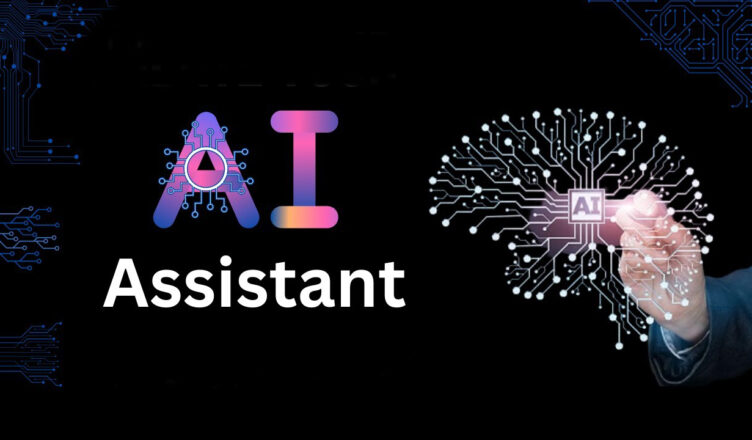One can’t deny how AI personal assistants have changed how people interact with technology. From helping manage schedules to answering questions in real-time, these intelligent systems have become an integral part of many lives. It’s hard to imagine a day without asking an AI personal assistant about the weather, setting reminders, or even making shopping lists.
However, with this increasing reliance on them, addressing the privacy and security concerns that come with them is important. As these assistants become more integrated into daily lives, ensuring the safety and privacy of personal information is more important than ever.
The Privacy Challenges of AI Assistants
Continuous Data Collection
These assistants need access to a wide range of information to function effectively, from locations to daily routines. However, this constant data collection can lead to unauthorized access or misuse of user information. If the data stored by an AI personal assistant isn’t adequately protected, it could be accessed by hackers or used for malicious purposes.
Voice Recordings and Transcripts
Another concern is the handling of voice recordings and transcripts. AI assistants often record and analyze voice commands to improve their services. However, there have been instances where third parties accessed these recordings without the users’ consent. This lack of transparency around data handling practices raises serious privacy concerns. Users are often unaware who has access to their personal information and how it’s used.
Limited User Control
Additionally, users have limited control over their data. Many AI assistant platforms do not provide clear options for data management, making it difficult to delete or control the sharing of personal information. This lack of user control further exacerbates privacy concerns and highlights the need for more transparent data handling practices.
The Security Risks of AI Assistants
Software Vulnerabilities
One major issue is vulnerabilities in software and cloud infrastructure. If hackers find a way to exploit these weaknesses, they can gain unauthorized access to the system. For instance, if an AI assistant’s software isn’t regularly updated with security patches, it becomes an easy target for cyberattacks, which could expose sensitive information.
Listening Devices
Another risk is the potential for AI assistants to be used as listening devices. If an AI assistant is compromised, it could be turned into a surveillance tool, capturing conversations and other audio without the user’s knowledge. This could be exploited for espionage or to gather personal information for fraudulent activities. Imagine your private conversations being overheard by someone with malicious intent – it’s a scary thought.
Deepfake Technology
Deep Fakes can create realistic but fake voice recordings, which could be used to bypass voice authentication systems. This undermines the security of AI assistants and poses a broader threat to security systems that rely on voice recognition.
Strategies for Enhancing Privacy Protection
Data Anonymization and Encryption
To keep your privacy intact, it’s important to use strong data anonymization and encryption techniques. Anonymizing data ensures that personal information can’t be easily linked back to individual users, while encryption protects your data from unauthorized access. These measures can go a long way in reducing the risk of data breaches and unauthorized use of personal information.
Granular Control for Users
Giving users more control over their data is also essential. AI platforms should provide clear and easy-to-use options for managing data. This includes the ability to delete recordings and control how data is shared. Empowering users to manage their personal information is a step towards addressing privacy concerns.
Privacy-Preserving Technologies
These technologies can enhance the functionality of AI assistants while requiring less personal data. For example, processing voice commands directly on the device can reduce the need to send data to external servers, thereby protecting user privacy. This way, you get the best of both worlds – advanced AI features and enhanced privacy protection.
Implementing multi-factor authentication (MFA) and biometric security
MFA adds an extra layer of protection by requiring users to verify their identity using multiple methods, such as a password and a fingerprint. Biometric security measures, such as facial recognition or voice authentication, can further enhance the security of these systems by ensuring that only authorized users have access.
To conclude, addressing AI assistants‘ privacy and security challenges is important for trust and responsible development. Providers, policymakers, and users must ensure safe, ethical use by implementing strong privacy measures and staying informed about data handling and security practices.

